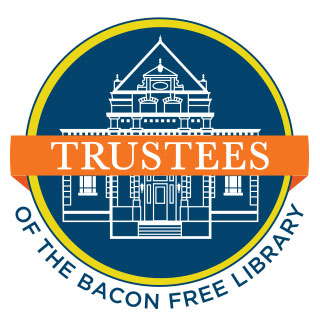STRENGTHENING OUR RESILIENCE
By Martha Fagan, RN, BSN
The current Coronavirus pandemic is a perfect storm of three key factors that feed fear and anxiety—
- Feeling a lack of control,
- Fearing the unknown
- Uncertainty of duration
And, “social distancing” only adds to our feelings of isolation. It’s no surprise we feel anxious and frightened!
During such challenging times we depend on our inner resilience to carry us through. The encouraging news is there are simple steps we can take now to boost and strengthen our resilience for the long haul. All indicators point to this pandemic being a marathon not a sprint.
Resilient people see both the good and the bad of what’s in front of them and consciously invest and focus their attention and energy into the good.
We can make daily choices to boost our resilience by shifting our perspective, managing our anxiety and expressing gratitude.
Shifting Our Perspective
Knowing that “this” and “that” can be true at the same time is a foundational concept of resilience. A negative thought or fear is real AND a positive thought or step is also true and available.
This is called “the power of AND”.
Here’s an exercise to get you thinking this way:
Write your negative thought or fear on the left side of a page and then write one or two thoughts on the right that are positive thoughts or actions you can take to counter the negative thought or allay the fear.
Examples:
- “I’m very frightened I’ll get the Coronavirus (left side) AND I’m staying home, eating well and taking every precaution to remain healthy (right side).”
- “I’m very concerned about my ability to pay my bills because I’m not able to work (left side) AND I can make calls asking for payment extensions on some bills without penalty and apply for unemployment benefits (right side).”
This exercise helps us begin to see both statements as true and gives us a sense of control over our situation.
Managing Our Anxiety
Keep in mind that anxiety is natural and normal! We need some anxiety and stress to give us energy and the ability to act quickly when necessary. What we want to avoid is prolonged unchecked anxiety.
A proven way to refocus and calm anxiety is to identify the cause and then find meaning and purpose in the situation.
You can’t manage what you can’t identify. Externalizing (writing on paper or sharing with a friend) and concertizing (describing a specific behavior you can do to address the challenge as well as a specific time when you will take the action identified), will reduce your anxiety and increase your effectiveness.
Ask yourself:
- “What’s causing my increased anxiety now?”
- “What matters most and is significant to me right now and how can I invest, even a little bit, in that today?”
Just answering these questions lowers anxiety. Identifying the source of your anxiety and putting your energy towards what matters most to you gives you a sense of control as you focus on what you can do.
Examples:
- “Staying hopeful in the midst of this is very important to me.” Now ask yourself…”In what way can I cultivate some hope today?”
- “Staying present in the moment and not projecting too far into the future is important to me.” Now ask yourself…”What actions can I take to focus my attention on today?”
Expressing Gratitude
“Every day, no matter how dark the day, has a best moment.”~ Maria Sirois
Much research has been done proving the positive impact expressing gratitude has on our feelings of happiness and well-being. Consciously naming what we’re grateful for helps us develop a lens of gratitude through which we view our days…we begin to look for and notice the good. And, keep it simple; your best moment may have been your delicious cup of coffee, or your morning walk. And consider expressing gratitude towards yourself…maybe you’re grateful that while you were stressed or worried you still thanked your children for helping with the dishes and told them you loved them.
Her are some gratitude building exercises to get you started:
At the end of your day ask yourself one of these questions to build your gratitude practice.
- “What are three good things that happened today and why were they good?”
- “What was the best moment of my day?”
- “What or who am I grateful for today? (grateful for:, grateful to:)
You can keep a gratitude journal, have a gratitude jar, write a gratitude letter, keep a running list of best moments or simply spend a few minutes expressing gratitude before you go to sleep. These exercises help us savor the good and simple moments that are part of every day regardless of our burdens and worries.
So as we navigate this uncharted territory and live in the world with “social distancing” may we remember we are in this together, this too shall pass and we have the power to choose our response to the current “new normal”.
We can choose to find ways to nurture our selves by building a stronger foundation of inner resilience and gratitude.
Martha Fagan is the Vice Chair of the Bacon Free Library. She may be reached through her email her at mefagan.bfl@gmail.com


